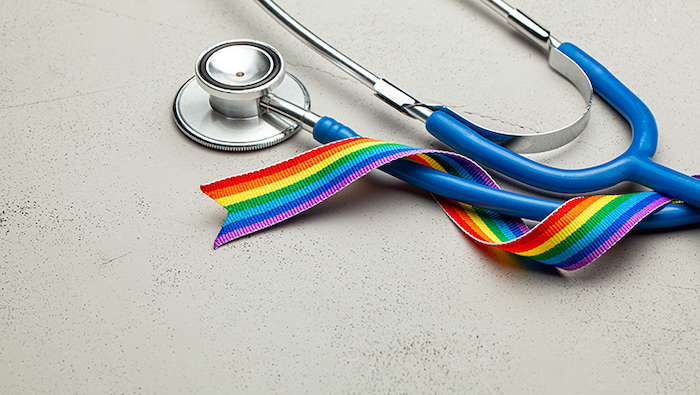COLORS Training Program Spreads Education of Healthcare Needs in the LGBTQ+ Community
The COLORS training program is designed to help oncologists understand the unique challenges and medical needs facing LGBTQ+ patients

Originally published on Bristol Myers Squibb News & Perspectives
Health disparities have negatively impacted many different groups of patients for decades, and the LGBTQ+ community is no exception. Finding compassionate care can be difficult for the LGBTQ+ community, which has begun to shine a light on these disparities and the need for care that is inclusive, compassionate and representative of their community. Bristol Myers Squibb is committed to creating a safe, comfortable environment for the LGBTQ+ community that ensures sexual orientation and gender identity remain a top priority in the healthcare space.
"Our community deserves access to quality care. Patients should feel welcomed and comfortable when receiving treatments from their doctors,” said Paul Shay, global PBRG lead of the company’s PRIDE Alliance. “A 2020 study showed 15% of LGBTQ+ Americans postponed or avoided medical treatment due to discrimination – we are committed to taking measures to eliminate this issue within the healthcare industry.”
As part of this commitment, the Bristol Myers Squibb Foundation and the company’s PRIDE Alliance People and Business Resource Group (PBRG) have funded research efforts at the Florida-based Moffitt Cancer Center to launch the Curriculum for Oncologists on LGBTQ+ populations to Optimize Relevance and Skills (COLORS). COLORS, an interactive web-based training, is designed to help oncologists understand the unique challenges and medical needs facing LGBTQ+ patients based on findings from the first nationwide study designed to identify gaps in knowledge, attitudes and institutional practices for LGBTQ+ patients. The study was initially conducted by Moffitt Cancer Center in 2018 to shape the COLORS training.
Researchers initiated a randomized trial in early 2021 to compare the effectiveness of the oncology-specific COLORS training to a general LGBT cultural sensitivity training. In the study, 138 U.S. oncologists were surveyed before and after they completed cultural sensitivity training to measure their knowledge, attitudes and behaviors toward the LGBTQ+ community. The COLORS study found a positive shift in attitudes among the oncologists after they completed the training, as well as a significant improvement in knowledge of LGBTQ+-related information.
“We are excited to see that the COLORS Training Program is making positive impacts among healthcare providers who treat members of the LGBTQ+ community,” said Shay. “Together with the BMS Foundation, we are proud to support this program as it works to address health disparities among the LGBTQ+ community, which may lead to better outcomes for patients.”
Results from the latest trial demonstrate that the COLORS training is effective in improving knowledge, attitudes, and affirming clinical practices related to the care of LGBTQ+ patients. The results were compelling enough to be accepted as an oral presentation at the 2022 AACR conference.
The goal of the COLORS program aligns with the company’s commitment to invest $150 million to address health equity and diversity and inclusion. Addressing health disparities is one of five major commitments. The Bristol Myers Squibb Foundation, an independent charitable organization, also committed to invest $150 million to address health equity and diversity and inclusion in the U.S.
Learn more about the company’s commitments to diversity, equity and inclusion

